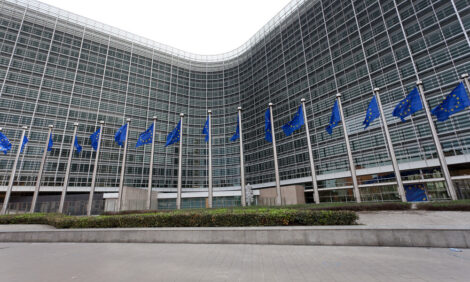



Corteva cuts US jobs amidst exit from Russia
Russia demand for California-produced sunflower seeds reducedSeeds and pesticides company Corteva Inc will eliminate US jobs next year, as its exit from Russia reduces demand for its commercial sunflower seeds produced in California, Reuters reported, citing the company on Monday.
Corteva will cut 51 positions from a Woodland, California facility, run by its Pioneer Hi-Bred International subsidiary, that supplied Europe and Russia markets, according to California's Worker Adjustment and Retraining Notification Act (WARN) data last week.
"Corteva is concluding its plan to stop production and business activities in Russia, and because we have enough sunflower production capacity in Europe for the European market, we no longer need the additional production capacity at the Woodland location," the company said in an email, without mentioning the number of jobs affected.
Relocating commercial sunflower seed production to Europe for European customers will reduce costs, Corteva added.
The layoffs show ripple effects from corporate decisions to quit Russia after its invasion of Ukraine. Corteva said in April it would withdraw from Russia. In September, it announced plans to exit about 35 countries and lay off about 5% of its global workforce to cut costs.
Woodland prides itself on its food and agriculture businesses, city spokesman Spencer Bowen said.
"We're obviously sad," he said about the job losses.
Demand for crops grown with Corteva seeds and chemicals is strong after severe weather and the Ukraine war tightened global supplies. However, agrichemical companies face headwinds from inflation and supply-chain shortages.
In 2021, sunflower seeds accounted for about 5% of Corteva's overall $8.4 billion in seed sales, a company investor presentation showed. The biggest producers and consumers of sunflower seeds are Europe and Russia, the company said.
The Woodland facility is Corteva's only one in the United States making "commercial" sunflower seeds for farmers to grow plants for oil or food.
The facility will continue to produce "parent" seeds for the commercial crop, and is working with a US-based third-party to produce "commercial" sunflower seeds for domestic growers, the company said.



